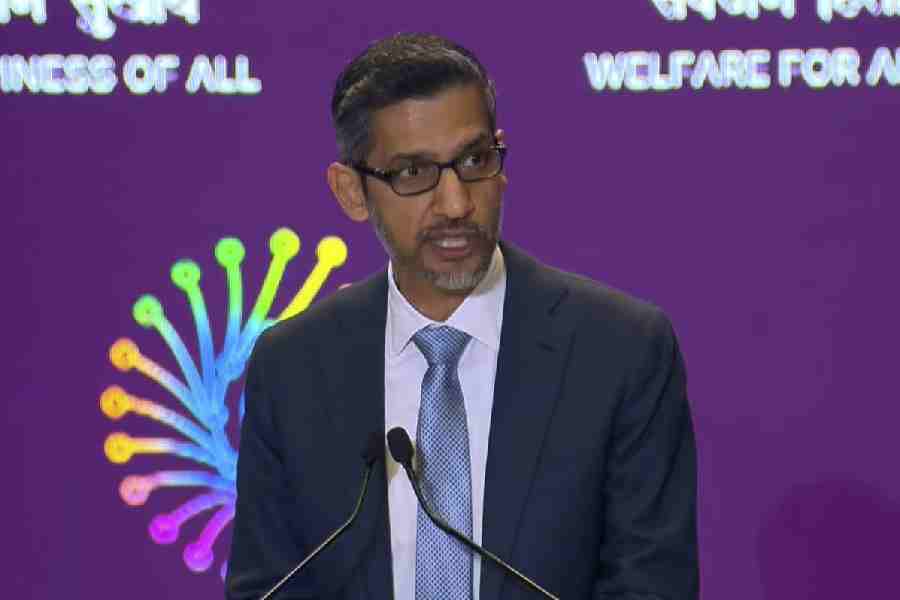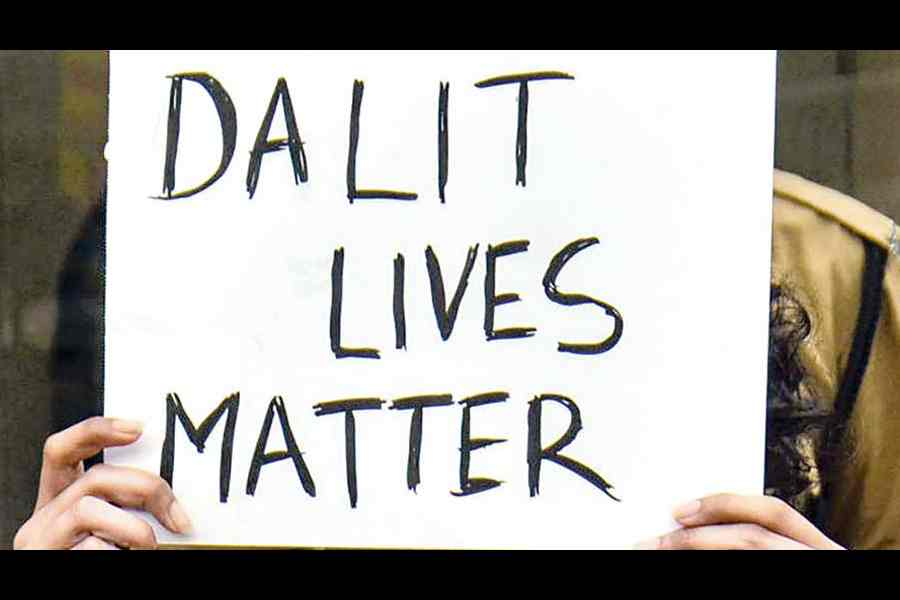Each year, over 5,40,000 trademark applications are filed in India, yet thousands remain in limbo for years. This backlog has turned a legal safeguard into a prolonged ordeal. For start-ups and small businesses, trademark delays are more than administrative hurdles — they block timely brand protection, expose brands to imitation, undermine investor confidence, and threaten the viability of emerging enterprises.In August 2025, the Rajasthan High Court sharply condemned chronic delays in trademark registration over a writ petition concerning an application pending for over 15 years. The court held that the right to speedy disposal of trademark applications is an essential part of the fundamental right to life under Article 21. It further emphasised that Rule 50 of the Trade Marks Rules, 2017 mandates strict timelines for opposition, acceptance, or rejection.
The State may argue that Article 21 should not be stretched to cover delays in granting statutory privileges. If every procedural statutory delay were constitutionalised, trademark offices could face an avalanche of writ petitions, overwhelming courts and paralysing administration. Yet, this would overlook three interlocking constitutional principles.
First is the intrinsic link between Article 21 and Article 19(1)(g), which protects the freedom to practice any profession, trade or business. Prolonged delays in trademark registration directly impede this freedom by restricting commercial expansion and market entry. The court noted that delays destroy evidentiary proof, escalate costs, and engender a sense of injustice.
Second, Indian jurisprudence has expansively interpreted Article 21 to protect rights essential to livelihood, dignity, and reputation. Olga Tellis versus Bombay Municipal Corporation recognised livelihood as part of life’s essence; Hussainara Khatoon v. State of Bihar affirmed the right to a speedy trial; and Subramanian Swamy v. Union of India upheld reputation as a core component of dignity under Article 21. Since the timely disposal of trademarks directly affects livelihood, trade opportunities, and reputation, it must be read into this constitutional framework.
Third, if the Supreme Court mandates prompt trials in criminal and civil cases as implicit in Article 21, there is no logical basis to exclude administrative trademark proceedings from similar protection. The principle is clear: justice delayed is justice denied, irrespective of the forum.
Procedural rules mandating timely disposal also have statutory backing. Rule 50 of the TM Rules, 2017, is legally mandatory rather than discretionary. The Delhi High Court has emphasised that timelines for filing evidence and oppositions are binding and cannot be indefinitely extended by the registrar. While Section 131 of the Trademarks Act permits time extension on sufficient cause, this discretion is not meant to encourage inaction.
Globally, the economic and the constitutional importance of expeditious trademark registration is recognised. The United States Patent and Trademark Office processes applications in 12-19 months, the European Union Intellectual Property Office in 4-6 months, and China in under 9 months. By contrast, India’s prolonged wait-time undermines economic competitiveness. Constitutional enforcement of timely disposal would move India towards parity with global benchmarks.
The Supreme Court has not yet declared speedy disposal of trademark applications a fundamental right, but the constitutional logic is compelling. As India positions itself as a global hub of innovation and entrepreneurship, timely trademark registration emerges not only as an administrative imperative but also as a constitutional mandate. Recognising this right under Article 21 would ensure justice, protect economic interests, and make India’s intellectual property ecosystem equitable and
globally competitive.










